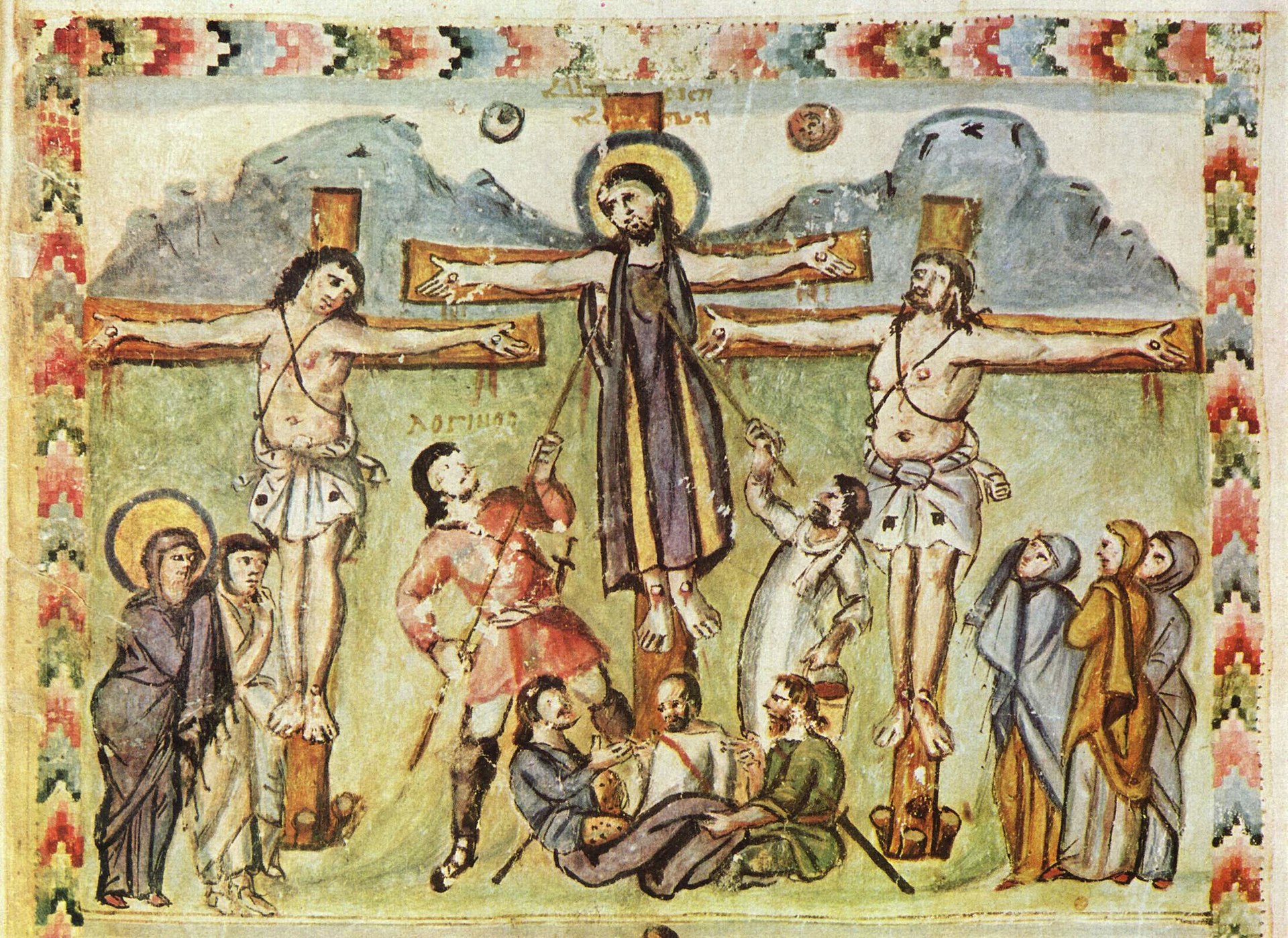I remember taking part in a massive protest at my boarding school. Almost all of us refused to eat in the school canteen. It worked – we won. Our cause? To change the catering company of the school. That was it. We did not defeat communism, institute civil rights, or remove a dictator. We merely changed our menu (and, as far as I can recall, not by much).
Many people feel like they should have a big cause, some great evil to overturn, but can’t seem to find one. So they choose something that isn’t really a cause at all. They protest over nothing. Or, finding no evil of particular interest, they find a great good and call it evil. Not all causes are pseudo-causes, but at least some are.
The trouble is that we all have a great evil and it is generally not some system outside, but one right here… on the inside. This was what Jesus recognized in the Pharisees – though they wanted to live righteous lives, they had rotten hearts.
The same is true with us – we’re rotten to the core.
The problem with this cause–as opposed to the pseudo-causes we come up with–is that it is a lost one – we cannot hope to win. No amount of protest will bring down the power of a wicked heart.
But there is hope:
Though you cannot bring this power to heel, God can. He can because he can destroy the power of a wicked heart and set you free through the death of Jesus on the cross and his subsequent resurrection.



